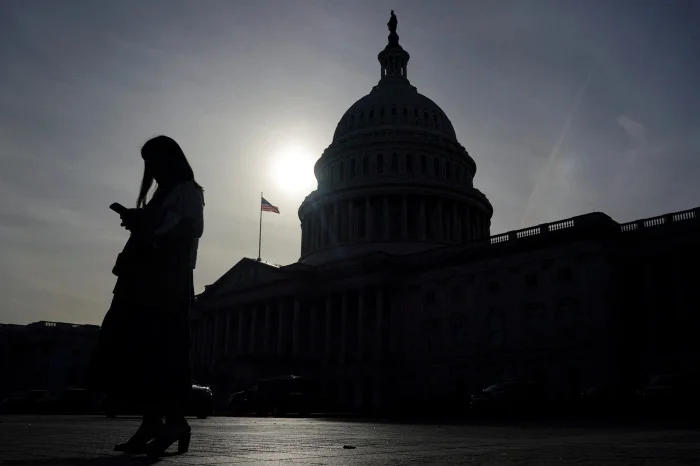
Could a 10-Year Ban on AI Rules Derail Innovation – and Protections?
In a contentious turn of events in Washington, House Republicans are pushing for a sweeping 10-year moratorium on state-level regulations for artificial intelligence (AI), raising alarms among tech leaders and consumer advocates. This proposal, tucked into a broader budget reconciliation bill, could upend California's pioneering efforts to safeguard citizens from AI-related harms, leaving many to wonder if innovation will flourish unchecked or if essential protections will be sacrificed.
At the heart of the debate is a bill spearheaded by Congressman Brett Guthrie of Kentucky, chair of the House Energy and Commerce Committee. The measure aims to prevent states from enforcing any new AI regulations, potentially nullifying over 20 laws already passed in California. These include requirements for transparency in AI use for healthcare decisions and job applications. California, often dubbed the "laboratory of democracy" for its proactive stance, has enacted more AI legislation than any other state since 2016, according to Stanford's 2025 AI Index report. Critics argue this federal intervention could rob millions of Americans of vital rights, such as opting out of automated decision-making, as highlighted in a letter from the California Privacy Protection Agency to Congress.

This move draws sharp criticism from figures like state Sen. Josh Becker of Menlo Park, who has authored key AI bills, including one mandating tools for detecting generative AI. "If this bill were to pass, California couldn't protect its citizens from exactly those harms," echoes Ben Winters, an attorney for the Consumer Federation of America, pointing to risks like deepfakes, discrimination in housing, and algorithmic price gouging. Democrats, including Rep. Alexandria Ocasio-Cortez, have lambasted the proposal as a "deeply dangerous idea," emphasizing that states are stepping in where Congress has failed, such as with laws in New York requiring bias assessments for AI hiring tools.
The broader implications are profound. Proponents, like Rep. Jay Obernolte of California, argue that a patchwork of state regulations could stifle innovation and benefit global competitors like China, potentially hurting entrepreneurs. However, opponents counter that this deregulatory push, aligned with efforts from President Donald Trump and figures like Sen. Ted Cruz, prioritizes Big Tech over public welfare. As Winters notes, it's an "explicit turn toward a deregulatory state," which could chill enforcement of existing laws amid a 163% surge in state tech policy proposals last year, per the State of State Tech Policy report.
Comparisons to the 1998 internet tax moratorium highlight the stakes: while that spurred e-commerce growth, critics warn a similar AI pause could exacerbate harms like those seen in lawsuits against companies using AI for rent hikes or discriminatory housing scores. Even if the bill faces hurdles in the Senate due to procedural rules like the Byrd rule, its mere presence signals a shift toward federal preemption, potentially discouraging state lawmakers from advancing protections.
Ultimately, this clash underscores a critical question: Can the U.S. balance AI's rapid advancement with ethical safeguards? If passed, the moratorium might foster unchecked innovation but at what cost to privacy and equity? As debates intensify, it's clear that the future of AI governance hangs in the balance, with California's fight serving as a bellwether for the nation.
In summary, this proposal not only threatens state-led initiatives but also invites reflection on whether federal oversight can adequately address AI's evolving risks. What do you think – should states retain their regulatory power, or is a unified federal approach the key to progress? Share your views in the comments below and help shape the conversation on AI's role in society.